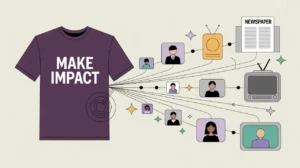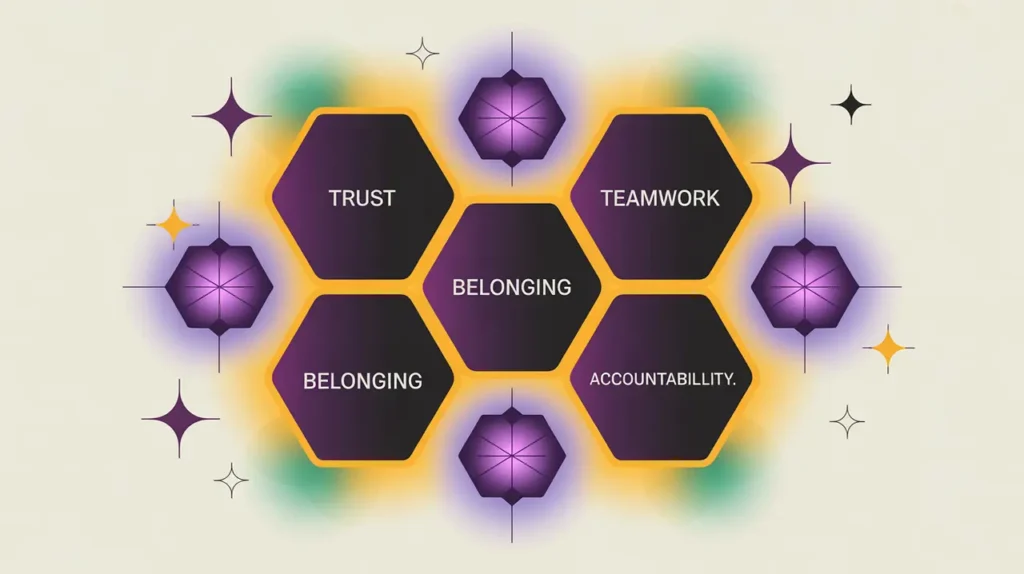What Does Volunteer Management Involve?
Volunteer management ensures that nonprofits effectively recruit, organize, support, and retain individuals who contribute their time and skills. Volunteers are often the lifeblood of programs, expanding reach and reducing costs while bringing community perspectives into the work. Managing them well requires more than scheduling. It is about building relationships, aligning expectations, and creating meaningful experiences.
In practice, volunteer management includes designing role descriptions, recruiting from diverse channels, screening and matching volunteers to tasks, providing orientation and training, and coordinating logistics. It also involves recognizing contributions, maintaining ongoing communication, and addressing challenges constructively. Strong volunteer management transforms goodwill into sustained engagement that benefits both the organization and the volunteers themselves.
When nonprofits neglect this area, volunteers may feel underutilized, unappreciated, or overwhelmed, leading to high turnover and reputational damage. Effective volunteer management fosters loyalty, strengthens community ties, and enhances program delivery.
What Competencies Are Associated with This Role?
Volunteer management requires interpersonal skills, organization, and adaptability. Competencies include:
- Designing clear and accessible volunteer roles
- Recruiting through networks, events, and digital platforms
- Screening and matching skills with organizational needs
- Providing orientation, training, and supervision
- Coordinating schedules and logistics
- Building strong volunteer relationships
- Recognizing contributions formally and informally
- Managing performance issues with empathy
- Collecting feedback to improve volunteer experiences
- Ensuring safety, safeguarding, and compliance with regulations
How Might AI and Automation Help This Role?
AI and automation can expand volunteer engagement while reducing administrative burden. Opportunities include:
- AI-powered volunteer matching platforms
- Automated scheduling and shift reminders
- Chatbots for volunteer FAQs and onboarding support
- Generative AI to draft orientation materials and handbooks
- Predictive analytics to anticipate volunteer retention risks
- Sentiment analysis of volunteer feedback
- AI dashboards to track hours, contributions, and impact
- Automated recognition tools (certificates, thank-you notes, digital badges)
What Are the Roles by Experience Level?
Roles range from support to strategic oversight:
- Entry: Volunteer Assistant, Volunteer Coordinator – manage sign-ups, scheduling, and communications
- Mid: Volunteer Officer, Engagement Specialist – recruit and train volunteers, manage relationships, monitor experiences
- Senior: Volunteer Manager, Engagement Lead – oversee strategy, recognition systems, and program integration
- Executive: Director of Volunteer Engagement, Chief People Officer – set institutional volunteer engagement strategy, build community partnerships, represent volunteer contributions externally
How Transferable Are the Skills from This Role?
Volunteer management skills apply across nonprofit, civic, and corporate contexts. Within nonprofits, they connect to roles in HR, community engagement, and leadership. Beyond nonprofits, they align with careers in corporate social responsibility, community organizing, and workforce management. The ability to mobilize, motivate, and retain people around shared goals is a universally valuable leadership skill.







